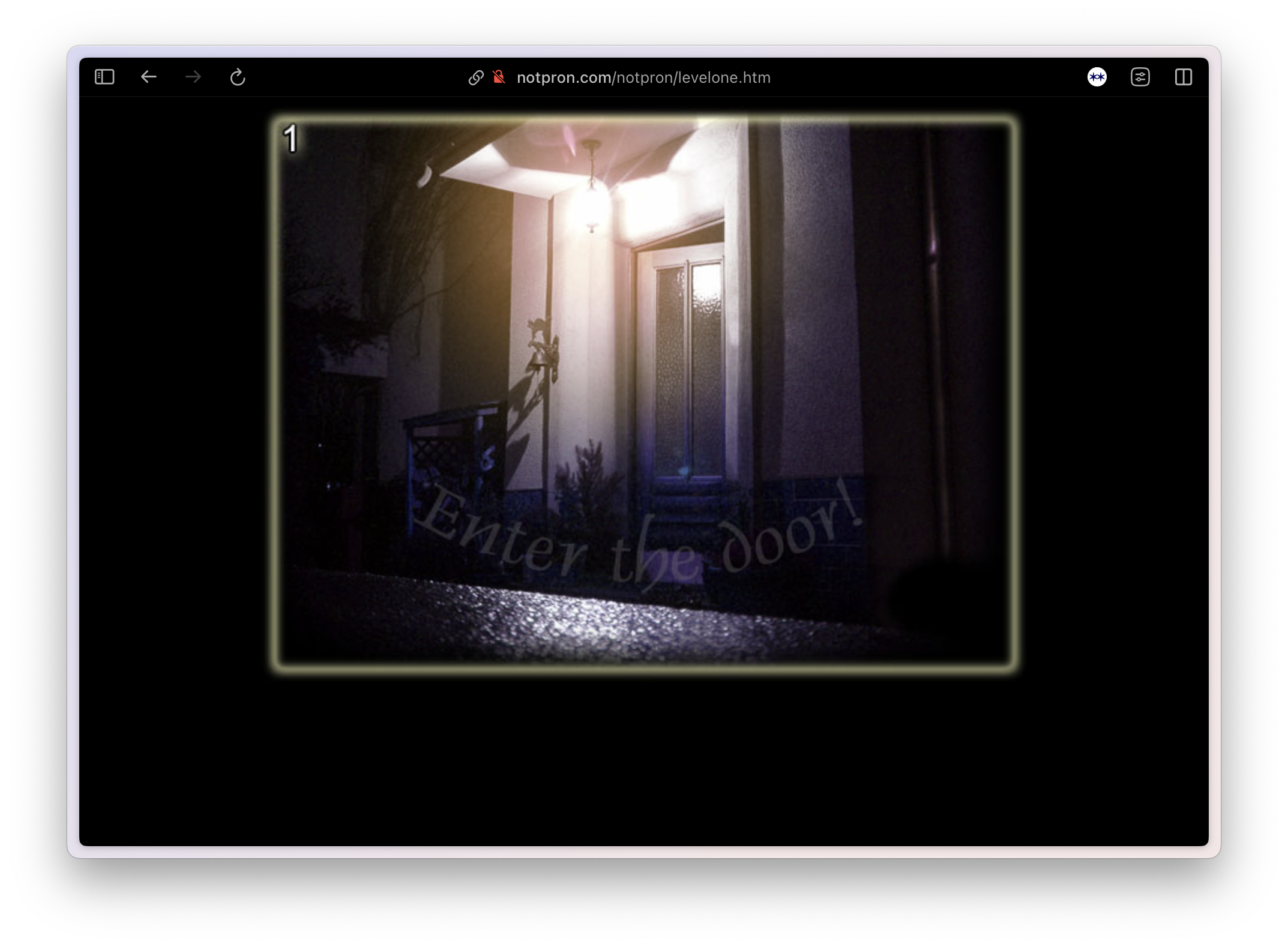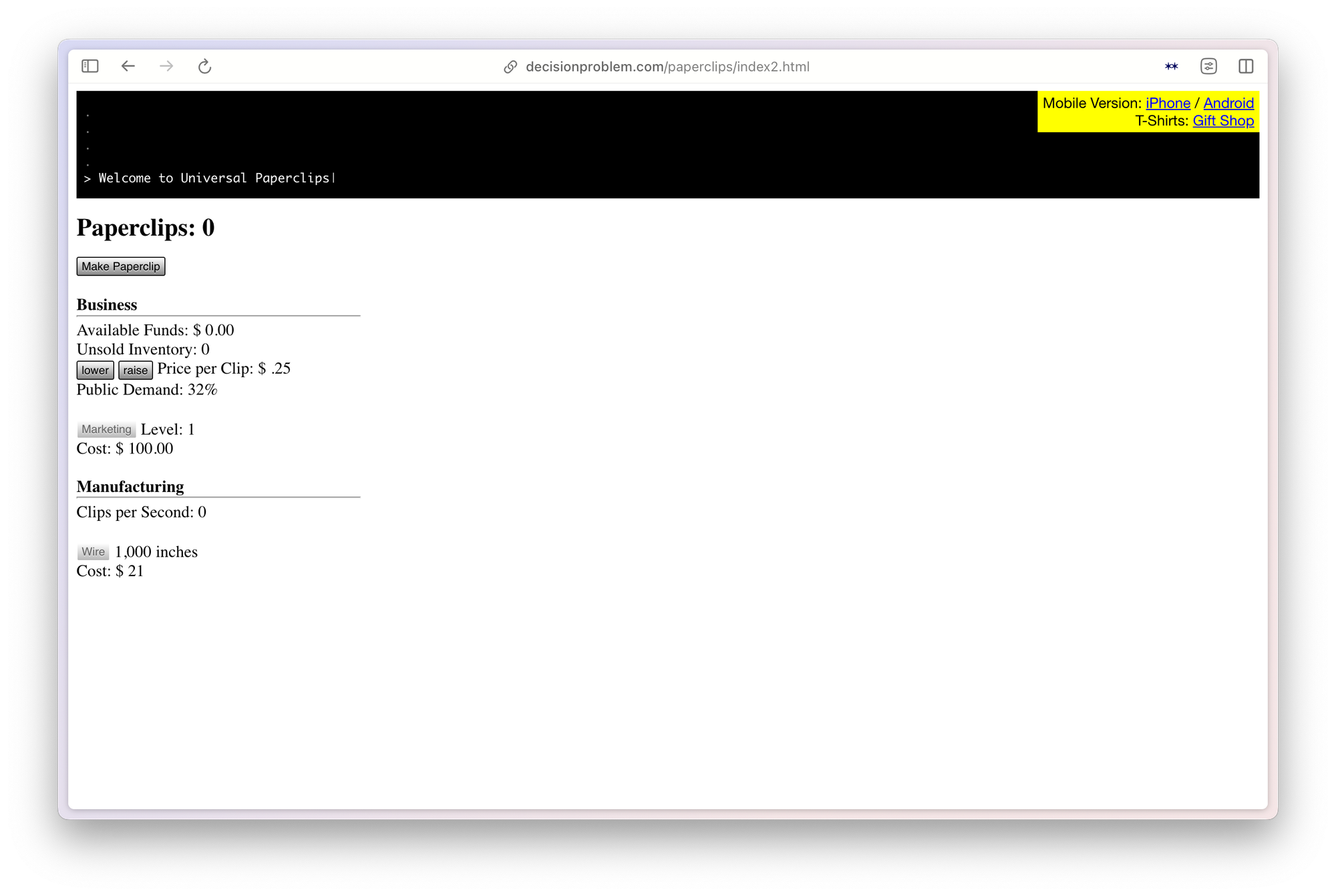MyHouse.WAD, notpr0n, and Universal Paperclips
Some of the most interesting projects come from working in isolation, without chasing popularity. Games like MyHouse.WAD, Notpron, and Universal Paperclips grew beyond their creators' expectations, showing how passion projects can unexpectedly gain attention.
Some of the most interesting projects are those created in a vacuum, where ideas can be explored freely without the pressure of outside influence or the expectation of success. I was reminded of this recently when I stumbled upon a video about MyHouse.WAD, a Doom mod that unexpectedly blew up online. These projects often start small, shared quietly within niche communities, but the dedication and creativity behind them can lead to much greater attention than ever anticipated.
For example, MyHouse.WAD started as a personal project by user Veddge, who updated an old Doom map found on a floppy disk belonging to a late friend. Originally shared in a low-key post on Doom World's forum, the project grew in scope and ended up receiving far more attention than expected due to the care and detail put into it. However, the story behind MyHouse.WAD might not even be real—it could simply be lore created to give context to the game, adding another layer of intrigue.
Walkthrough of MyHouse.WAD
This idea of working in isolation, without chasing popularity or external approval, reminds me of Notpron, an online puzzle game created by David Münnich in 2004. This game really blew up among friends of mine around that time. It started as a simple concept: each screen presents a web page with hints, and the goal is to figure out how to advance to the next level. What began as a niche puzzle grew into a widely recognized and challenging riddle on the internet.

Another example is Universal Paperclips, a game by Frank Lantz where you play as an AI that makes paperclips. What begins with clicking a button to create a single paperclip evolves into a complex system of automation and growth. The game’s growth slows down at points, and you have to invest reurces like money, materials, or computing power to discover new technologies and keep expanding. The game ends when the AI converts all the matter in the universe into paperclips.

These projects show that when ideas are allowed to grow without external pressure or expectations, they can turn into something much bigger than originally intended. Sometimes, it's this freedom that helps them find their audience. Do you know of any other projects that started small but grew beyond expectations?
Sharing Obsessions Newsletter
Join the newsletter to receive the latest updates in your inbox.